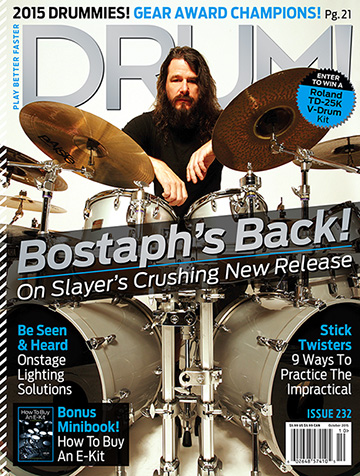
![]() New consumer research reveals some startling emotional connection with print magazines that doesn’t exist in digital form.
New consumer research reveals some startling emotional connection with print magazines that doesn’t exist in digital form.
The way we consume media has dramatically changed in the last several years. Yet in spite of the easy access, high personalization and constant flow of digital media, one thing remains constant. Print magazines continue to make us happy – in fact, they make our day.
This fact comes out of recent research by Media24, according to Michael Bratt in The Media Online, and shows that “print magazines are still a constant in people’s lives.”
“The one quote that constantly came up with all the respondents was, ‘Magazines make my day.’ This, despite the fact that daily media consumption is vastly different from two years ago,” Bratt notes.
Another surprising finding shows men and women view magazines quite differently. Women mostly responded that magazines are a luxury, while men labelled them as a necessity.
“Weekly magazines such as YOU, Huisgenoot and DRUM were branded as a necessity due to their news as well as being a luxury,” Bratt explains. “Ultimately the term that was created to answer the question was magazines are an ‘indulgent necessity’. People can’t do without them but view them as a luxury.”
Some of the reasons given for this, at a time when readers can almost always find the same content online, include:
- Relaxing with some alone time
- Keeping up to date with news and products (advertisers, take note!)
- For education, inspiration and motivation
- To share with family and friends
And readers have real emotional connections with their magazines, labeling them as “friend,” “mentor/coach,” and “personal trainer” among others. Women in particular often have “mushy, sentimental relationships” with their magazines, and both sexes find the tactile experience of the publication important to their overall enjoyment.
Finally, print magazine advertising engenders trust and confidence in a way digital doesn’t, as readers “believe an editor has specifically picked them to include in the publication and have faith that the editor believes the products are of a good quality and high standard,” Bratt notes.
“The respondents described adverts as credible, inspirational, effective and inspiring. The general consensus is ‘Relevant magazine advertising adds to the value of the magazine and it would be missed if it wasn’t there.’”
At a time when digital ad blockers are becoming the norm, those are some mighty powerful words for advertisers to understand.
